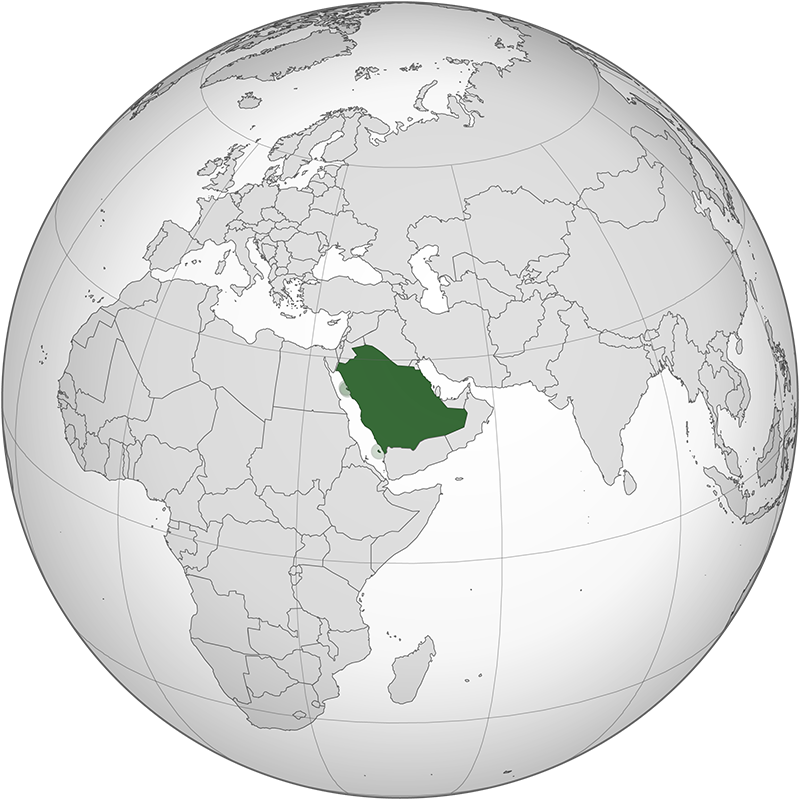Saudi Arabia
Western Asia

(Download current filtered dataset)
1
-
42
/
42
| Title | Population | Bibles | Resources |
|---|---|---|---|
| Najdi Arabic | 14600000 | 0 | 26 |
| Hijazi Arabic | 10300000 | 0 | 2 |
| Arabic | 5000000 | 23 | 1509 |
| Gulf Arabic | 960000 | 0 | 6 |
| Tagalog | 900000 | 8 | 32 |
| Panjabi | 833630 | 7 | 89 |
| Urdu | 775960 | 13 | 81 |
| Egyptian Arabic | 600000 | 2 | 97 |
| North Levantine Arabic | 538020 | 2 | 21 |
| Rohingya | 533830 | 1 | 6 |
| South Levantine Arabic | 435160 | 1 | 79 |
| Ta'izzi-Adeni Arabic | 395900 | 0 | 34 |
| Telugu | 365960 | 6 | 42 |
| Sanaani Arabic | 276830 | 0 | 4 |
| Iranian Persian | 243270 | 8 | 70 |
| Saudi Arabian Sign Language | 176700 | 0 | 0 |
| Hindi | 174060 | 13 | 105 |
| Sudanese Arabic | 170920 | 3 | 14 |
| Omani Arabic | 138410 | 0 | 0 |
| English | 106220 | 243 | 359 |
| Indonesian | 103810 | 13 | 139 |
| Somali | 72980 | 3 | 19 |
| Tamil | 69980 | 10 | 293 |
| Faifi | 50750 | 0 | 0 |
| Shehri | 42150 | 0 | 0 |
| Mandarin Chinese | 34990 | 46 | 104 |
| Turkish | 34600 | 9 | 351 |
| French | 34600 | 46 | 126 |
| Bengali | 34600 | 17 | 164 |
| Javanese | 31490 | 3 | 34 |
| Kabardian | 27780 | 1 | 4 |
| Mehri | 23840 | 1 | 0 |
| Amharic | 21060 | 10 | 37 |
| Malay | 17610 | 6 | 15 |
| Southern Balochi | 17510 | 5 | 8 |
| Uighur | 9150 | 6 | 32 |
| Modern Greek (1453-) | 3490 | 24 | 10 |
| Western Armenian | 1700 | 2 | 2 |
| Swahili (Coastal) | 0 | 12 | 44 |
| Korean | 0 | 21 | 23 |
| Italian | 0 | 16 | 23 |
| Arabic | 0 | 0 | 103 |





